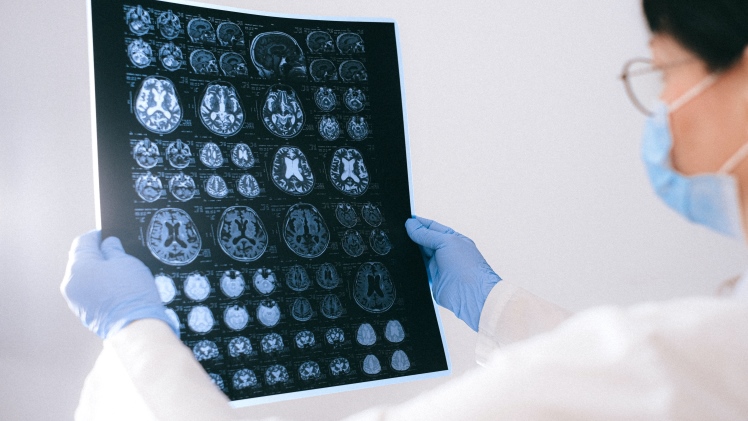Neurological injuries can be incredibly debilitating, affecting every area of an individual’s life. Depending on the severity of the injury, victims may struggle with any number of physical or cognitive impairments that can make everyday activities challenging. Besides, no two neurological injuries are the same, and symptoms can vary significantly from person to person. This post will outline ten ways neurological injuries can affect individuals who have them.
1. Changes in Sensitivity
Neurological trauma can cause changes in sensory perception, resulting in sensitivity to temperature, light, sound, or touch. This could mean that an individual is more sensitive to cold temperatures than usual or that loud noises cause pain and discomfort. Besides, some may experience a heightened sense of taste or smell, making it difficult to enjoy food and drink.
2. Loss of Movement Control
Depending on the type and severity of the injury, neurological trauma can lead to a loss of movement control. This could include anything from mild tremors to complete hemiplegia. Also, the sufferer may have difficulty with coordination and balance, making walking, running, or other simple tasks difficult. It is vital for individuals who have suffered from loss of movement control to get in touch with a professional rehab center as soon as possible so that they can receive timely treatment and support.
3. Fatigue
Fatigue is another common symptom of neurological trauma, as the body struggles to recover from the injury and adjust to its new normal. Individuals may feel tired or run down more often than usual, making it difficult to work or complete everyday tasks with ease. Moreover, fatigue can also lead to difficulty sleeping, which can further compound the problem.
4. Changes in Behaviour
Behavioral changes can also result from neurological trauma. A person may become more aggressive, anxious, depressed, or withdrawn after suffering an injury to their brain or nervous system. This could be due to the physical and psychological effects of the injury itself or changes in the individual’s thinking and behavior as a result of cognitive impairments.
5. Seizures
Seizures can be a common symptom of neurological injuries, especially those that involve the brain. During a seizure, an individual may experience uncontrollable jerking or shaking of the body or become unresponsive for a few moments. Depending on the severity and frequency of seizures, individuals may require medication to help manage them.
6. Loss of Speech
A neurological injury may cause an individual to lose their ability to speak or understand language. This can be a devastating and isolating experience, as the person loses one of the most basic ways of communicating with others. However, speech and language therapy can often help improve communication skills in such cases.
7. Cognitive Impairment
Many neurological injuries can lead to cognitive impairment, such as memory loss or difficulty with problem-solving. Depending on the severity of the injury, a person could have trouble remembering things from their past or struggle to process new information. Severe injuries may cause permanent cognitive impairments, while milder injuries may lead to temporary changes in thinking.
8. Pain
Neurological injuries can cause physical pain in the body, ranging from mild to severe. This could be due to nerve damage or inflammation and may require medication to help manage it. Also, certain activities or movements may cause pain or discomfort for the individual.
9. Vision Loss
A neurological trauma could lead to vision loss, whether temporary or permanent. Depending on the severity, a person may have difficulty seeing objects in the distance, perceiving colors correctly, or recognizing faces. They may also require glasses or other aids to improve their vision. Additionally
10. Changes in Mood
Finally, neurological trauma can cause mood changes. Individuals may struggle with sadness, anxiety, or depression after suffering an injury and need support to help them cope with these emotions. It is important to remember that everyone responds differently to such traumas, and it is vital to seek professional help.
By understanding how neurological injuries affect individuals, you can better support and care for those who have experienced such trauma. Many of these symptoms can be managed or even reversed with the right treatment plan. It is important to remember that everyone responds differently to such an injury, so it is essential to provide personalized care to ensure the best possible outcome.

